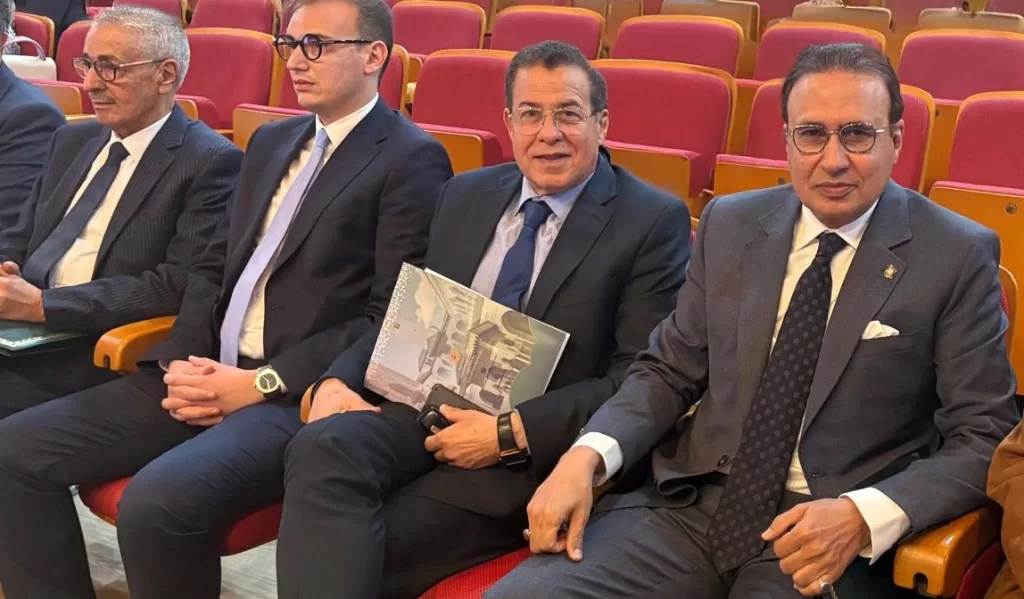
ICESCO Deputy Director-General Participates in Seminar on Early Islam in Morocco

24 April 2025
Dr. Abdelilah Benarafa, Deputy Director-General of the Islamic World Educational, Scientific and Cultural Organization (ICESCO), participated in the scientific seminar organized by the Dar Al-Hadith Al-Hassania Institute on Wednesday, 23 April 2025, under the theme: “Early Islam in Morocco: Historical Context, Characteristics, and Expansions.” The event was attended by Dr. Ahmed Toufiq, Minister of Endowments and Islamic Affairs of the Kingdom of Morocco; Dr. Amal Jallal, President of Al-Qarawiyyin University; Dr. Abdelhamid Achak, Director of Dar Al-Hadith Al-Hassania; along with prominent figures including professors, experts, and researchers in the field.

Dr. Benarafa presented a scholarly paper at the seminar entitled “Establishing the Legitimacy of the Schools of Thought Coming from the East to the Maghreb,” in which he discussed the spread of the Maliki school of thought in Morocco. He stated that “the Hanafi school was among the first schools to reach Ifriqiya from the schools of Iraq. Following that, Moroccans began traveling to the Hijaz in pursuit of knowledge and Hajj, and narrated directly from Imam Malik. Their return led to the dissemination of the Maliki school, which gained wide renown, and Ifriqiya and Cordoba became among the most renowned centers of jurisprudential study across the Islamic world.”
The ICESCO Deputy Director-General explained that the choice of the Maliki school by the people of the Maghreb was due to several reasons, such as the nature of the Maliki school, its compatibility with reality, and its distance from forced interpretations. He added that the Maliki school is a practical jurisprudence linked to real-life contexts and people’s interests, while remaining firmly rooted in foundational Islamic principles.
In addition to presenting his scholarly paper, Dr. Benarafa chaired the first session of the seminar, titled: “The Islamic Conquest of Morocco: Context, Course, and Characteristics,” which explored the historical context of the Islamic conquests and their specificities in the Maghreb in general, and Morocco in particular. It also addressed the course of the Islamic conquest of Morocco and the distinctive events and incidents that accompanied it, through observation, analysis, critique, and synthesis.



